Winter Point in Time Provides Insight on Homelessness in Richmond Region
Richmond, VA – March 9, 2022 – Data from the January 2022 Point in Time (PIT) count show that a significant number of individuals and families continue to experience homelessness in the Richmond region. The January 2022 PIT count recorded 697 people experiencing homelessness, which is 16 percent lower than the PIT count in January 2021.
More Housing and Funding Critical to Meet Ongoing Need in Region
Although there was a decline from January 2021, the rate of homelessness in the Richmond region remains higher than pre-pandemic levels. The January 2022 PIT count represents a 35 percent increase in the number of people experiencing homelessness compared to the January 2020 PIT count, which provides a clearer snapshot of our community before the pandemic.
A primary reason for the decline in homelessness from January 2021 was increased funding for Greater Richmond Continuum of Care (GRCoC) partner agencies and expanded shelter capacity. These added resources allow agencies to provide more services and transition clients to more stable housing options. Despite this progress, low rental vacancy rates and the lack of deeply affordable housing remain critical challenges in our region. Additionally, the scheduled closure of emergency shelters established during the pandemic could result in higher rates of homelessness among our region’s most vulnerable neighbors.
More Housing and Funding are Top Solutions
Similar to the total rate of homelessness, our region saw declines in both sheltered and unsheltered homelessness between January 2021 and January 2022. The January 2022 PIT count of sheltered homelessness dropped by 17 percent, from 736 people in January 2021 to 697 people in January 2022. Unsheltered homelessness declined by 16 percent, from 98 people in January 2021 to 85 people in January 2022. Notably, the rate of unsheltered homelessness in January 2022 was 35 percent lower than pre-pandemic levels in January 2020. These findings demonstrate a direct correlation between additional resources and expanded housing options with lower rates of unsheltered homelessness.
How the COVID-19 Pandemic Continues to Impact Homelessness
Even as the pandemic in our region shifts to a new phase, the economic and public health fallout will have long-lasting impacts on the number of individuals and families experiencing homelessness in the Richmond region. Among key findings from the January 2022 PIT surveys:
· 26.4 percent attributed a job/income loss (at least in part) to COVID-19.
· 18.2 percent attributed their housing loss (at least in part) to COVID-19.
A bright spot in the surveys was the robust vaccination rate among individuals experiencing homelessness:
· 68.6 percent indicated that they were vaccinated against COVID-19.
· Among those not vaccinated, 21.7 percent said that they planned to get vaccinated.
Who Was Counted?
Conducted by Homeward, the federally-mandated PIT count took place on the night of January 26, 2022, and the morning of January 27, 2022, and included individuals and families staying in shelters and living outside or in other places not meant for habitation. This single day count provided a snapshot of changes and trends over time. PIT data are based on the actual numbers of people counted by experienced and trained volunteers. In addition to the count, a sample of individuals were surveyed about their experiences, which provides further insight directly from people with current lived experience of homelessness.
The GRCoC uses HUD’s definition of homelessness to conduct the count, which includes people staying in area shelters, such as emergency shelter, transitional housing, and sexual and domestic violence providers; people staying in hotels paid for by government or nonprofit agencies (considered emergency shelter); and individuals staying outdoors or in a place not meant for human habitation, such as a car, a tent in the woods, or on the streets.
Individuals and families captured by the PIT count include the following:
· 41.0 percent were 55 or older.
· 61.8 percent reported their race as African-American/Black/African.
· 28.7 percent reported their race as White.
· 9.5 percent reported their race as multi-racial or another race.
Perspectives on PIT Count and Homelessness in Our Region
Allison Bogdanović, Executive Director, Virginia Supportive Housing: “The COVID-19 pandemic has clearly demonstrated that the most impactful solution to address homelessness is greater investment in permanent supportive housing. More deeply affordable housing options in our region will ensure that fewer of our most vulnerable neighbors face housing instability and homelessness. This need is especially urgent now. As emergency shelters established during the pandemic reach their scheduled closure dates, it’s paramount that our community provide permanent housing and resources to the individuals and families those programs served.”
Jovan Burton, Executive Director, Partnership for Housing Affordability: “The January 2022 Point in Time count underscores the heightened level of housing instability and homelessness that many in our region face. The Richmond region faces record low vacancy rates and a shortage of tens of thousands of affordable homes. The pandemic has clearly revealed the extent of housing instability in our region, and we must prioritize building a wide array of new housing, including deeply affordable homes. Creating new housing opportunities across our region is vital to addressing this immense need.”
Angela Phelon, Interim Executive Director, Senior Connections: “An increasing number of individuals served by our region’s coordinated network of homeless services are aged 55 and older. These neighbors face unique challenges and are more likely to report a disability than individuals under 55. As this need continues to grow, we must invest in more resources that support older adults and allow them to age with dignity and respect.”
Kelly King Horne, Executive Director, Homeward: “Our region’s coordinated and collaborative homelessness services network has valiantly responded to the unprecedented level of need during the pandemic. Those efforts have been truly exceptional and as we transition to a new phase of the pandemic, our region must continue to prioritize resources for our most vulnerable neighbors. Data from recent PIT counts, including the January 2022 count, demonstrate that increased housing options and more resources work. These solutions are the most effective ways to transition individuals and families experiencing homelessness to stable housing. Ultimately, we know that more permanent supportive and deeply affordable housing is needed. We must follow the data and prioritize these solutions.”
Where Can I Get More Information?
Additional information about the January 2022 PIT count, including multiple charts and other data visualization, is available on Homeward’s PIT webpage. This page is updated with the latest data from the count. For media inquiries or questions about the PIT count, please contact Kelly King Horne, Executive Director of Homeward, at kkhorne@homewardva.org or 804-909-1041.
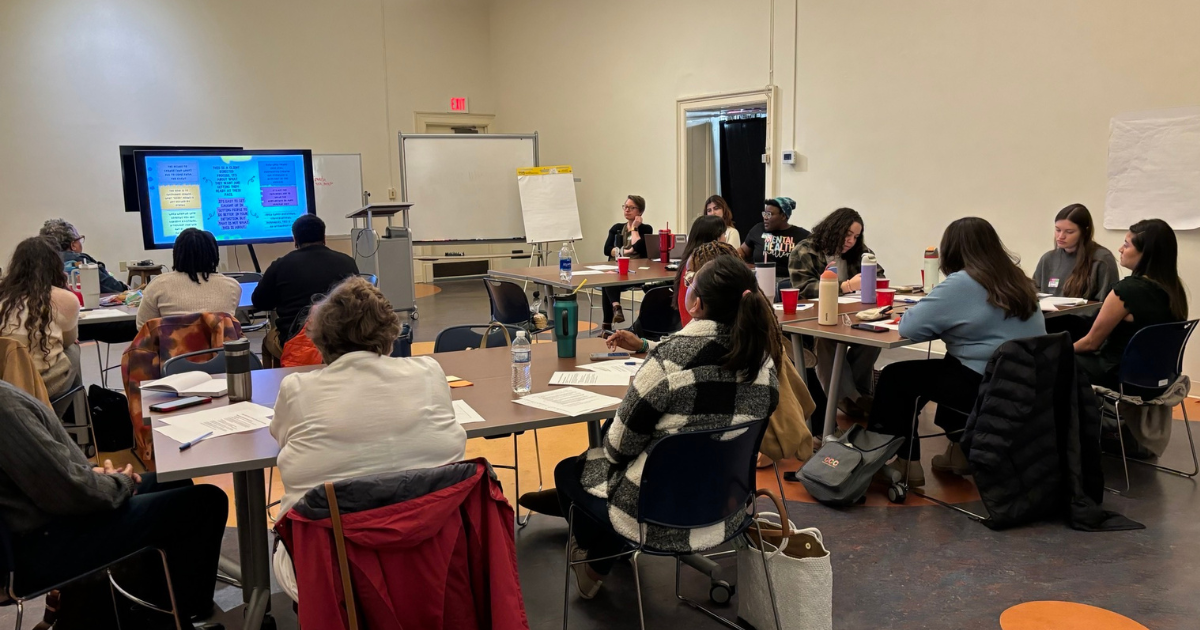
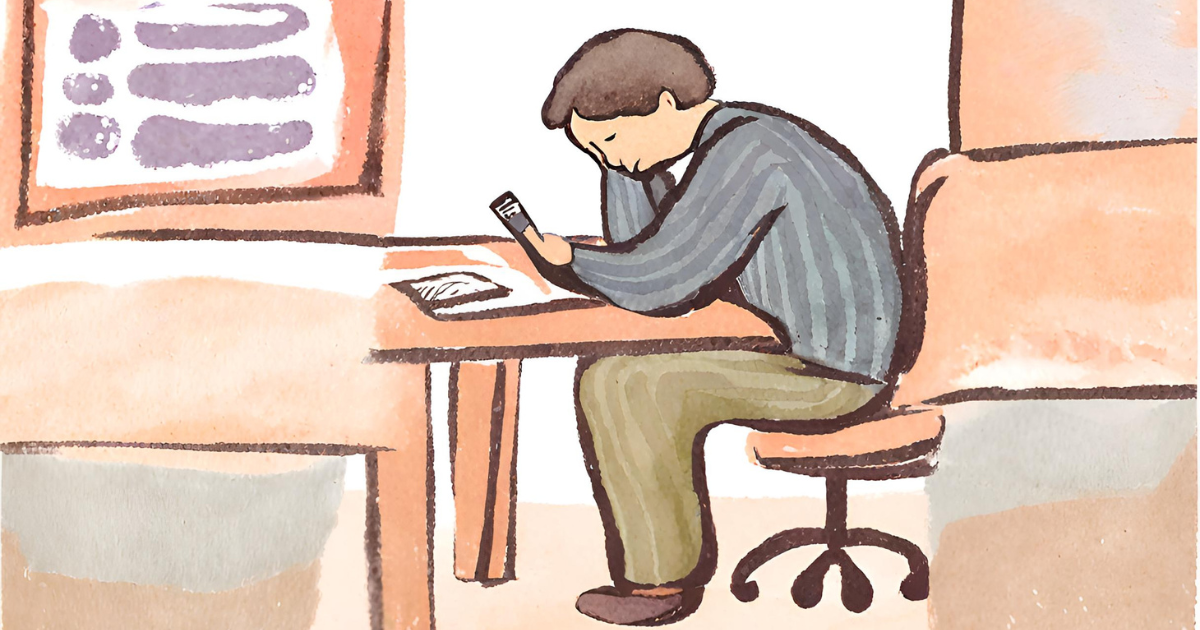

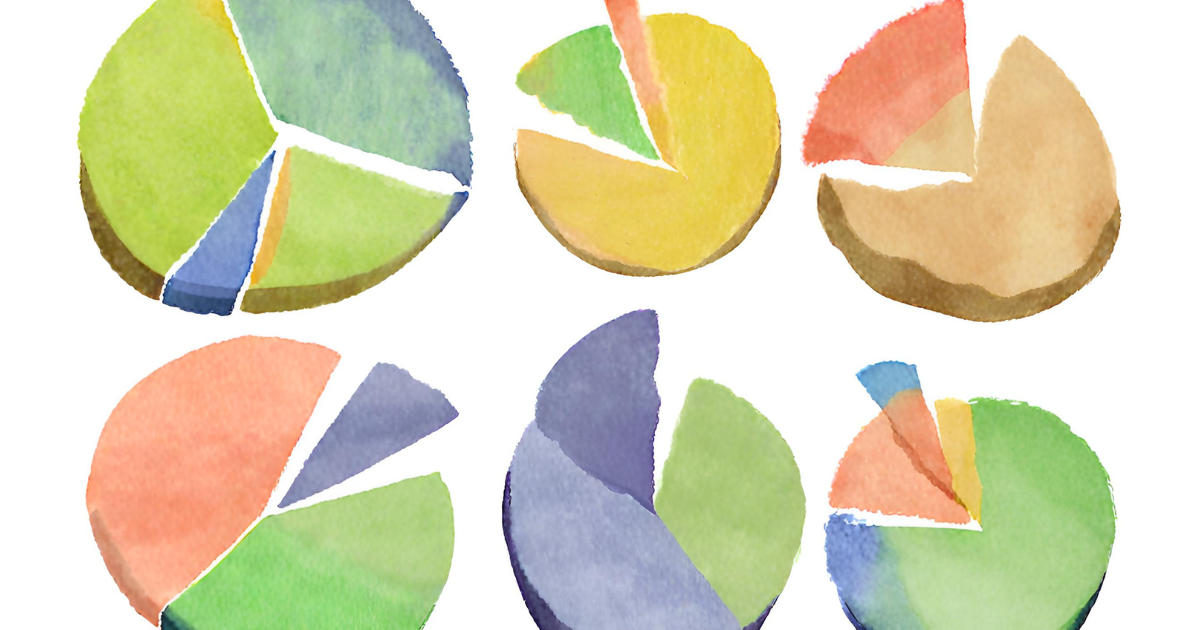
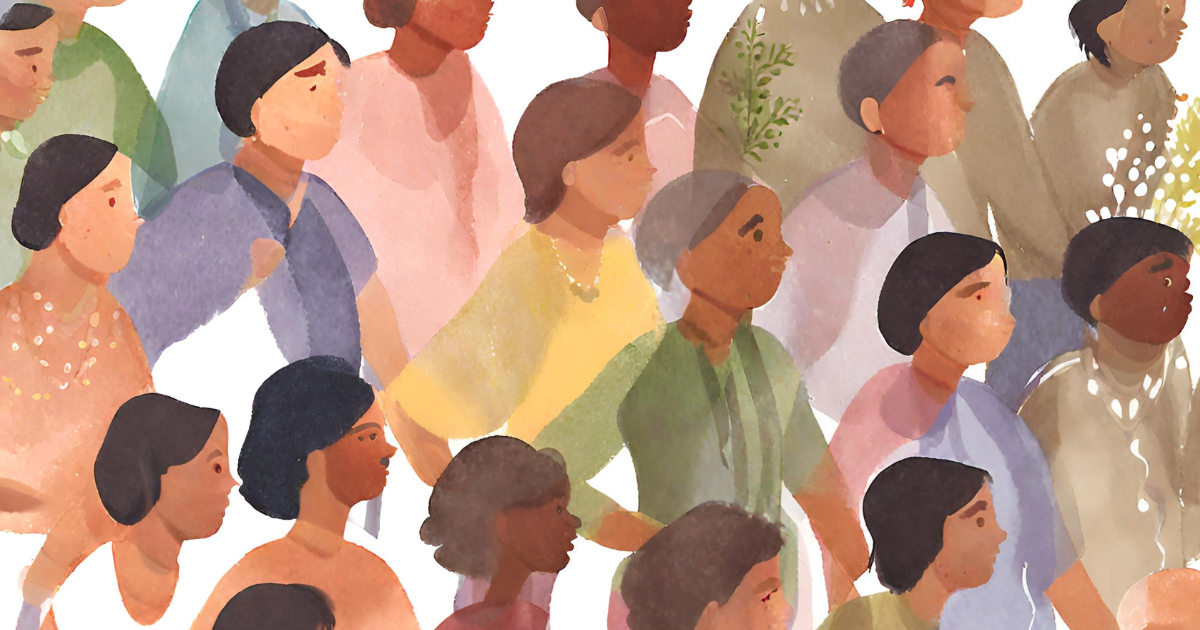
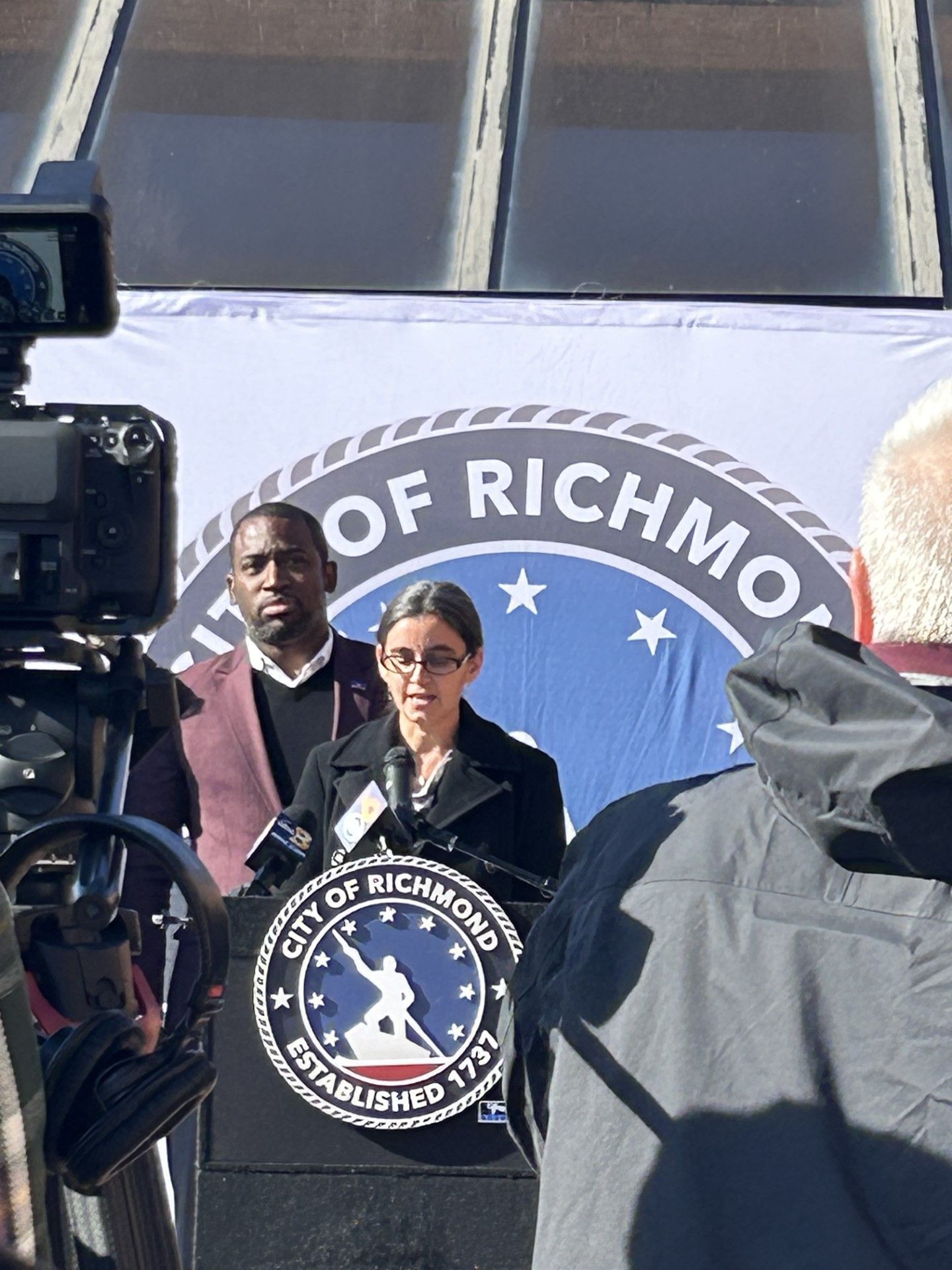
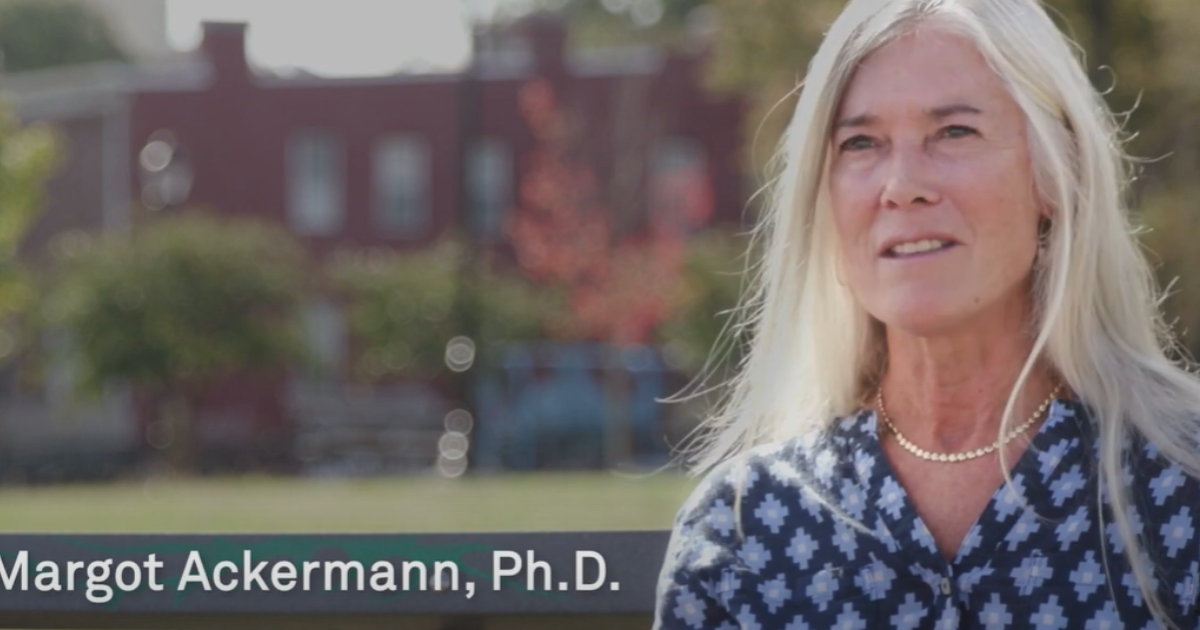
Every donation counts.
Useful Links
Contact info
info@homewardva.org
If you are within 3 days of losing housing, call The Homeless Connection Line: 804-972-0831 . If you are more than 3 days away from losing housing, call The Housing Resource Line: 804-422-5061
All Rights Reserved | Homeward










